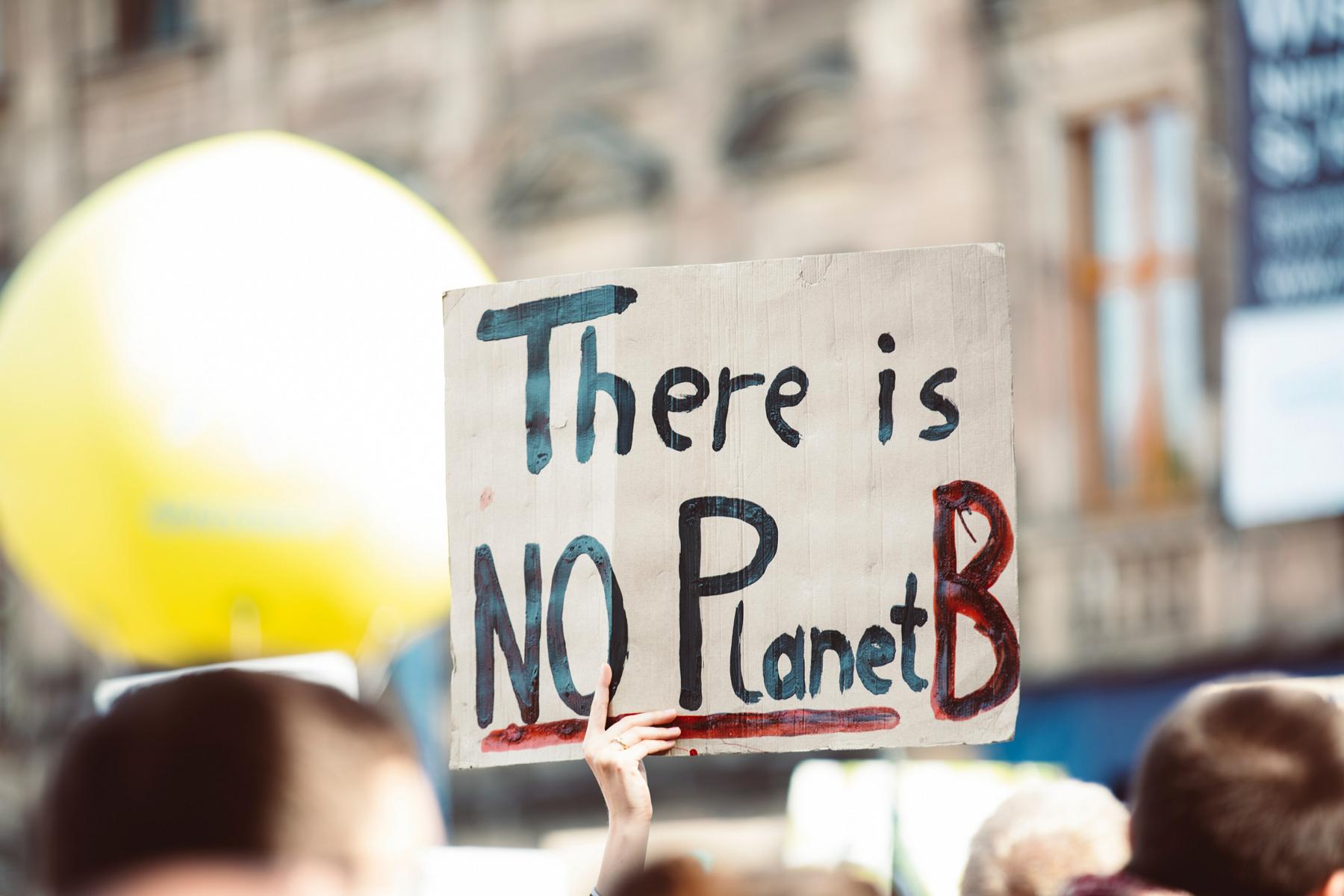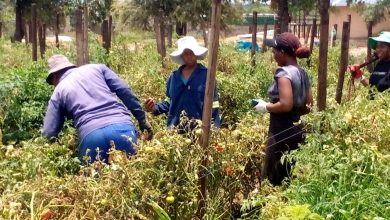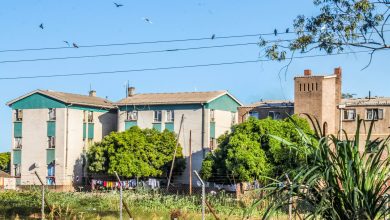In a bid to curb the effects of climate change induced droughts, the Zhombe traditional leadership has resorted to rainmaking rituals that cater for both the African traditional and Christian religions.
Zhombe is one of the areas in Midlands Province that has over the years been affected by poor and erratic rainfall.
“We decided to hold two rain making ceremonies to cater for both religions, that is, the Christians and our own African traditional religion.
“Our people are starving because of the poor rainfall we received last farming season, so we were trying to find ways in which we can deal with this problem, so that we will not experience another drought,” said Chief Gwesela.
He further highlighted some of the ‘issues’ that are ‘causing’ poor rainfall in his area.
“In as much as we have held these ceremonies, there are certain things that have resulted in poor rainfall that our people are ignorant of.
“We have animal skeletons that are lying bare in the bushes, crow nests in the bushes. All these need to be removed and the bones buried for us to have good rains,” said Chief Gwesela.
A local councilor for ward 9 in Zhombe Cllr Emmanuel Sibanda also bemoaned the lack of recognition of the importance of rain making ceremonies, that can result in better rainfall.
“When I was still growing up, we used to see our elderly people having those rain making ceremonies to appease our ancestors but now those rituals are no longer given that much recognition. If we do those ceremonies accordingly, we may experience good rains,” said Sibanda.
Traditional rain making ceremonies commonly known as Mukwerera are rituals led by elderly women who have passed the child bearing age. They brew beer which will be poured on ancestors’ graves on the day of the ceremony followed by prayers for good rains.
However, the Zimbabwean Christian community has abandoned the traditional rain making ceremonies and conduct prayers pleading for good rains from God in accordance with their Christian beliefs.
Archiford Chemhere, a Climate Change expert with Action24 Zimbabwe, called for the recognition and documentation of traditional knowledge systems, saying that they should also be given equal attention just like the ‘scientific’ knowledge that is already documented.
“Traditional knowledge systems and practices have not been accorded equal attention as scientific knowledge when it comes to addressing and predicting causes of climate change.
“Nonetheless some of these systems have existed and continued to be practiced since time immemorial and have proved to be working,” said Chemhere.
Chemhere said that the failure to recognise the value of indigenous practices in the fight against climate change is a continued form of oppression on the wellbeing of indigenous communities.
“It is high time the body of knowledge of addressing the climate crisis recognize all forms of knowledge as equal. More can be done to assist in the documentation of these practices,” he added.
Meanwhile, the effects of climate change have been felt countrywide in Zimbabwe leading to natural disasters such as floods, erratic rainfall and heat waves.




